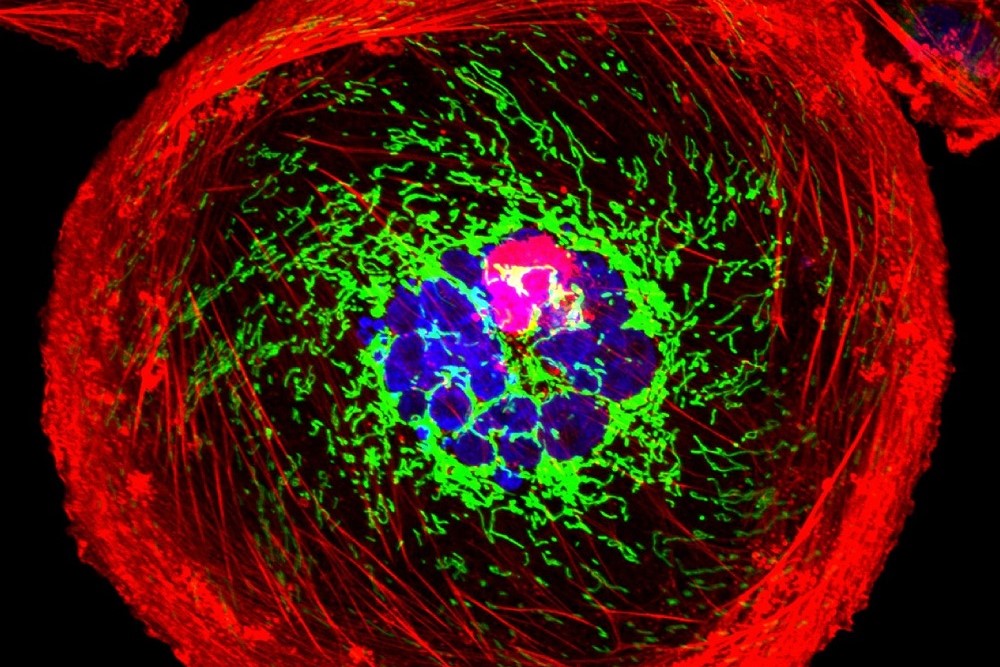Even though it might not seem super apparent from distance, the human life is actually quite complicated. You see, we are always dealing with something or the other, and when such an eventful environment is your primary backdrop, things can get tricky in no time. Hence, to make the process a little more guided, we would develop some ideas along the way. All these ideas will notably fall within a distinct template, therefore boasting an outright unique offering. However, in hindsight, it’s not hard to see why most of them became redundant upon technology’s arrival. Technology, despite not being what it is today, was an expansive product right from the get-go. The creation’s ability to just fit into any mold will, in fact, give it a significant presence throughout the spectrum, and one beneficiary of that is going to be our healthcare sector. Technology’s foray into healthcare came at a time when the sector was probably at its lowest point. With obsolete methods running the show, the landscape was literally crying out for a revamp. This changed big time under technology’s stewardship. Nevertheless, looking at a recent funding, we can say that the famous medtech revolution still has a lot to offer.
Pheast Therapeutics, a Paolo Alto-based biotech startup, has officially secured over $76 million in Series A financing. Led by Catalio Capital Management and ARCH Venture Partners, the round saw further participation coming from the likes of Alexandria Real Estate Equities, Risk and Reward, and the Stanford University Presidential Venture Fund. According to certain reports, the company will use the newly-raised cash to develop novel cancer-checkpoint therapies. At least for now, these therapies will be dedicated to ovarian and breast cancer patients, who haven’t witnessed any major improvement from the existing treatments. Talk about how Pheast plans on achieving it, the company will start off by targeting CD24, a protein cancer cell that consistently avoids microphages. As microphages are pretty much designed to instigate a prompt immune response, a more visible CD24 can easily lead to an efficient treatment. Beyond the company’s initial plans, Pheast is also hoping to use its in-house development platform to create tumor-specific therapies for other cancer types.
“We intend to maximize the potential of macrophages in more tumor types, and for more patients. By advancing our pipeline of macrophage checkpoint inhibitors, we could therapeutically block the right combination of ‘don’t eat me’ signals to eliminate each tumor type. This is Pheast’s vision: to bring about a Macrophage Revolution through precision cancer immunotherapy.” said Amira Barkal, M.D., Ph.D. founder, and interim CEO of Pheast.


